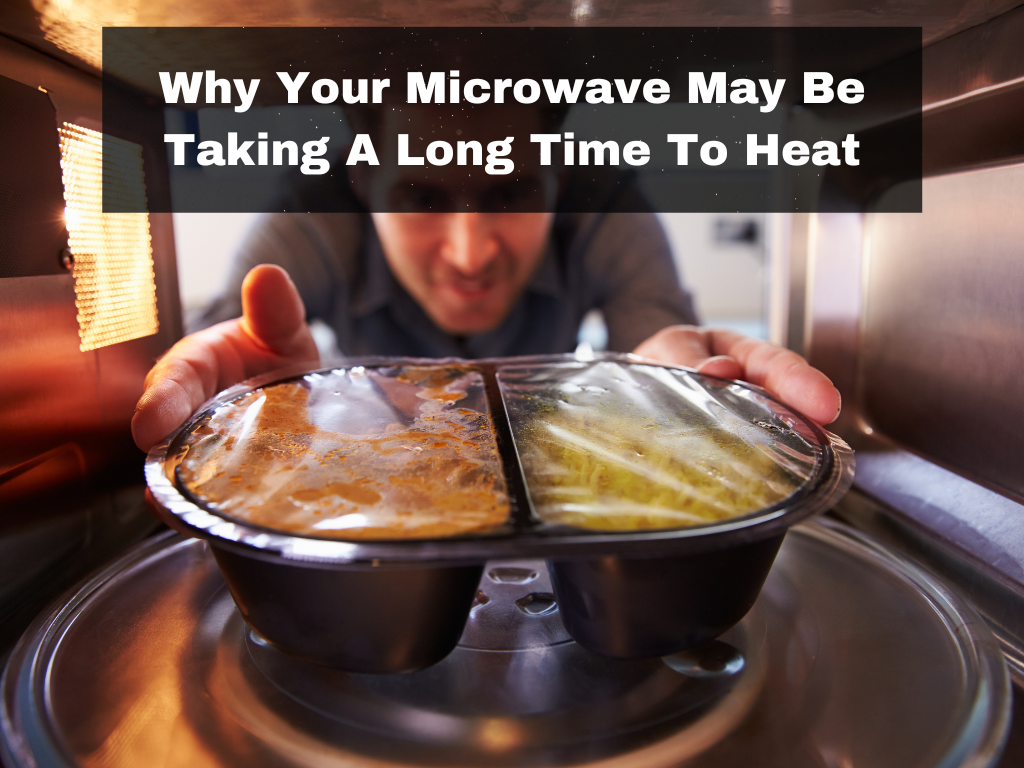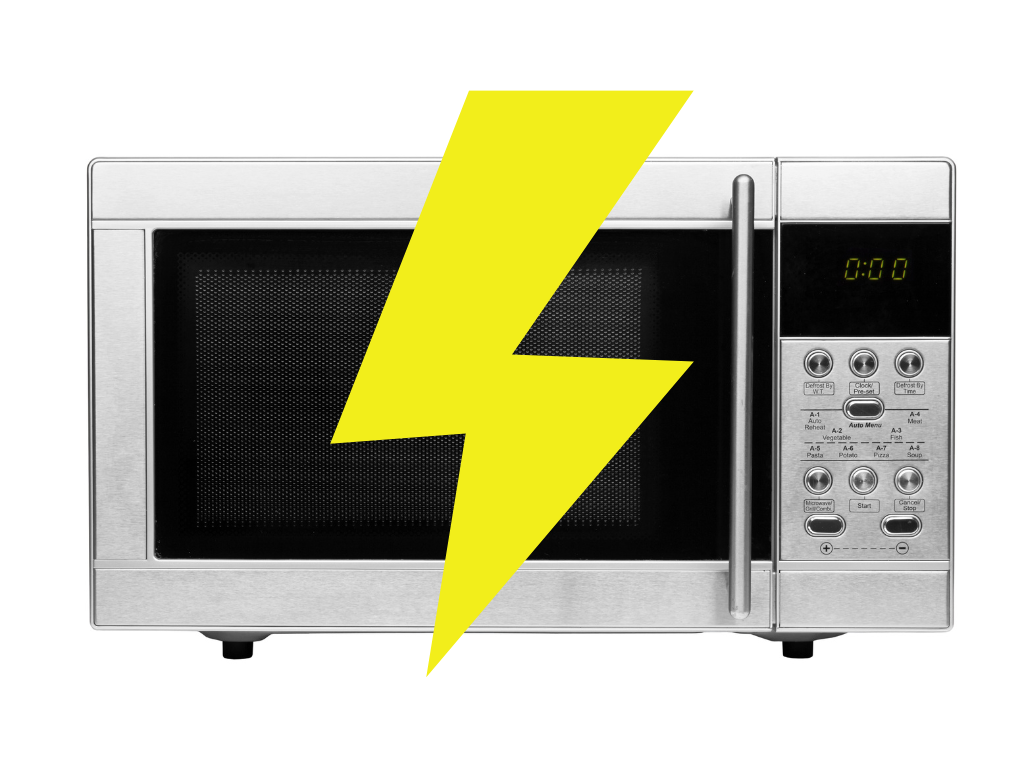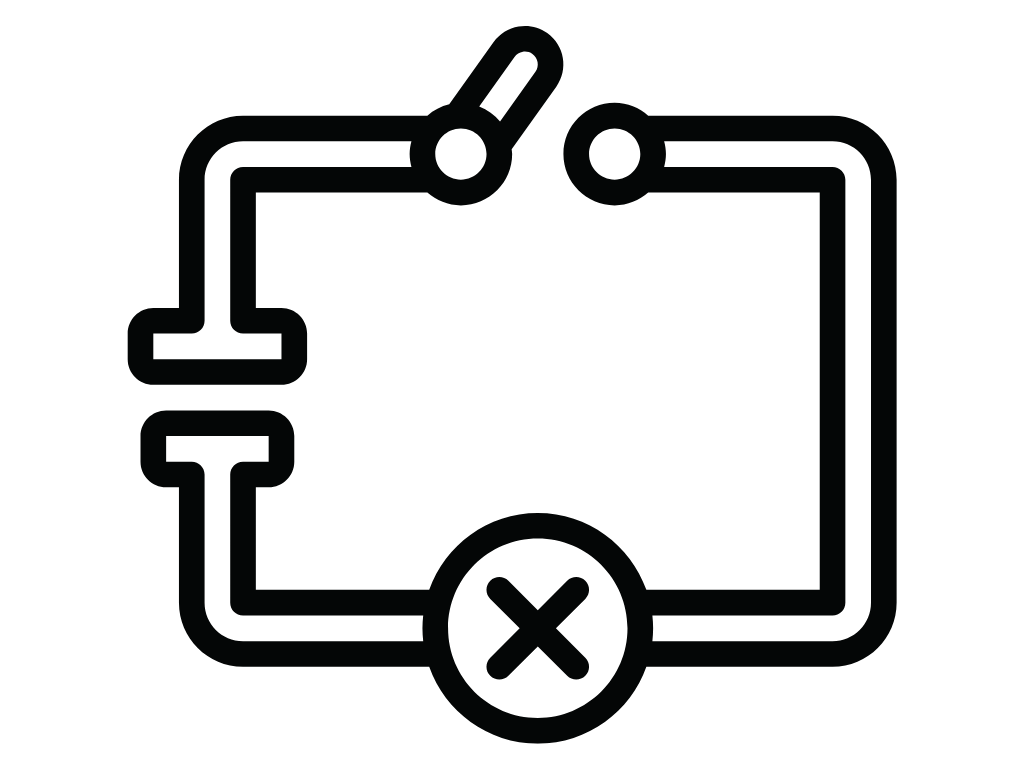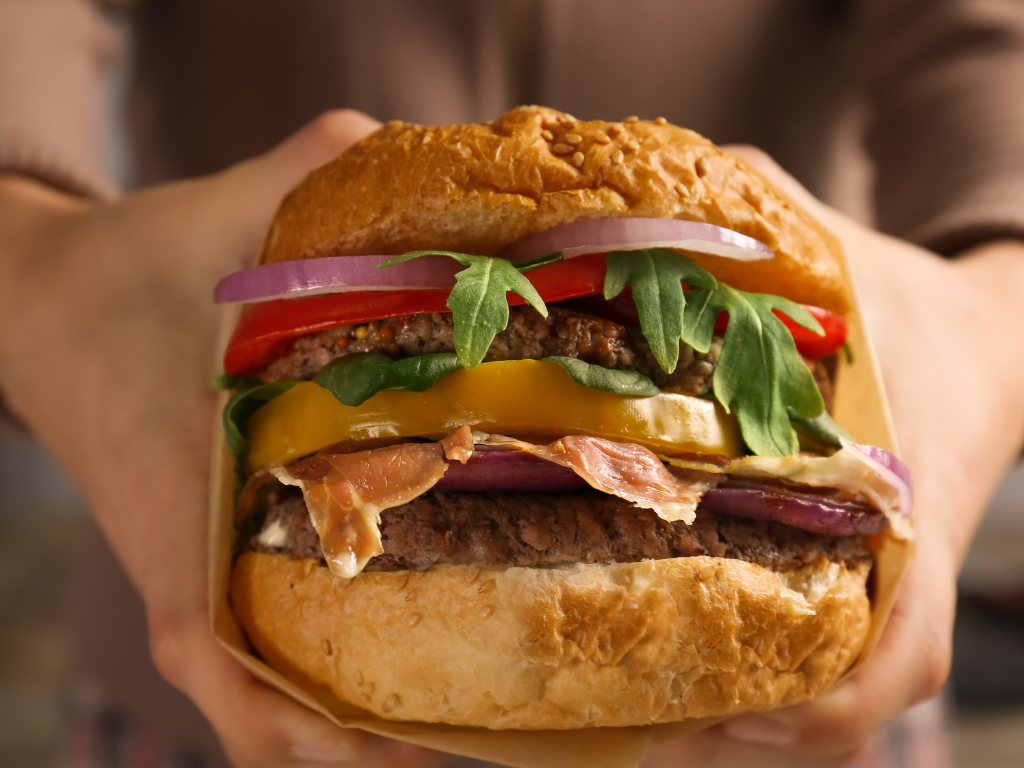Why your Microwave may be Taking a Long Time to Heat (6 Best Explanations)
Is your microwave set to full power, and yet it is taking an unusually long period to warm or cook your favorite meal? If so, you may need to investigate this appliance further! In this article, we’re going to break down why your microwave may be taking a long time to heat, providing you with 6 likely reasons for this unfortunate situation.
If your microwave is taking a long time to heat, it could be due to an inappropriate power setting, the size and power capacity of your microwave, issues with the electrical circuit, the type of cookware used, the portion size of the food, or it could be that the food has not been properly thawed.
Read on to determine which of these reasons is why your microwave may be taking a long time to heat.

How fast should my microwave heat my food?
The speed at which a microwave heats food will depend upon a number of factors. First, each microwave is made with a different wattage. This determines the heating capacity of a microwave oven. If you have a microwave with a lower wattage, it will likely heat food more slowly than a microwave with a higher wattage.
Second, the time it takes to heat your food in a microwave will depend upon the material of the receptacle used to contain the food. Some types of plastic or ceramic will heat faster than other types of materials.
Finally, the speed at which your food heats in a microwave will depend upon the portion size you’re attempting to warm. The larger the portion size, the more slowly the food will heat. This can be exacerbated by the temperature of the food being placed in the microwave. If the food is still frozen when it goes in, it can take much longer to heat.
6 reasons why your microwave may be taking a long time to heat
If your microwave appears to be cooking slower than usual, check out the following suggested reasons for this issue to determine which one best explains your situation.
Make sure The microwave isn’t set to the incorrect power level
The first thing to check is the microwave’s power level. Is it set to a low-power setting? If so, fixing the issue could be as simple as turning the power setting up a bit. If your meal requires a medium-high or high power setting, then it will take the microwave much longer to heat the food if your appliance is set to low.
As simple as it may seem, it is a key factor that determines how fast a meal will warm or cook. You’ll definitely want to check for this possibility first, as this is the simplest and quickest potential fix to your heating problems!
Check your microwave’s wattage
The smaller 600 -700w microwave will take longer to cook even at full power compared to a microwave with a maximum power output of 1,200 watts. If you’re cooking a meal that estimates its cook times based on a higher-wattage microwave, you can expect to increase the estimated figure substantially for a lower-wattage appliance.

Make sure the microwave is receiving enough power from the electric circuit
Is the microwave connected to a dedicated circuit or a shared circuit? If the answer is the latter, this could be why your microwave may be taking a long time to heat.
If there is an appliance with a heavy current draw connected to the same circuit as the microwave, the power available to the microwave might be lower than required causing the microwave to take longer to cook. If this circuit is too overloaded, it may even trip the breaker! Switch the microwave over to its own circuit to avoid this problem.

Check to see if you’re using microwave-safe cookware
Be advised some types of stoneware, metallic cookware, or plastic containers may not be suitable for cooking in the microwave as they can absorb most of the energy. This leaves little to no energy available to actually cook the food, extending the cooking time of the meal.
Always check whether the microwave dish is suited for use with a microwave. This can be another simple fix to your microwave heating problems.
Check the portion size of your meal
Recommended cooking times vary according to the size and quantity of food being prepared. If your microwave doesn’t seem to be heating food as quickly as you expected, it may not be an issue with the appliance.
Instead, the slow cooking times could be caused by an oversized portion. You may have to prepare smaller portions at a time to speed up the cooking time.

Make sure that the food is completely thawed
If you’re preparing frozen food in the microwave, you’ll need to make sure the food is completely thawed, or else the cooking time will be longer. Placing a hunk of ice-encapsulated chicken into the microwave and expecting it to cook at its normal cook time won’t yield positive results.
Instead, utilize your microwaves thaw setting to melt the ice first. Then you should be able to cook the food at normal times.
If you’ve checked and ruled out the above 6 possible causes and the microwave still takes a long time to heat, then you may have an issue with the heating element or a blown fuse in your microwave.
In most cases, the cost of repairing this issue will be financially imprudent. It may make more sense to purchase a new microwave entirely.
Final Thoughts
If your microwave is taking longer to heat, it may not necessarily be a fault with the microwave itself.
It might have to do with the microwave power level the microwave, the size of portions of food being prepared, cooking ware used, or whether the food is thawed or not.
Check out the 6 possible reasons for this issue above and compare them to your situation to find which one best explains your microwave heating problems.
Why is my microwave not heating up but runs?
This issue could be due to an electrical problem with the microwave, or it could be due to the cookware you’re using or the portion size of the food.
how to repair microwave oven not heating
You may need to replace a fuse in the microwave, or it could be an issue with the electrical circuit. Sometimes simply placing the appliance on its own circuit will do the trick.
How to replace a broken microwave oven
In most cases, finding the parts and spending the time to repair a microwave oven may not be worth the costs. Due to the relative inexpensive costs of microwave ovens, you may just want to purchase a new one entirely.
microwave not heating enough, what should i do?
If your microwave isn’t heating enough, check the power settings and make sure you have it set to the proper heat. Otherwise, it could be an issue with the food portions or the cookware.
Related Topics
Let Us Know How We’re Doing!
Did this expertly prepared resource answer your question?
Do you have another question about home maintenance, home improvement projects, home appliance repair, or something else?
Get more information, send in questions and keep the discussion going by contacting the I’ll Just Fix It Myself company customer service team at at 1-800-928-1490 or Email us at [email protected]
